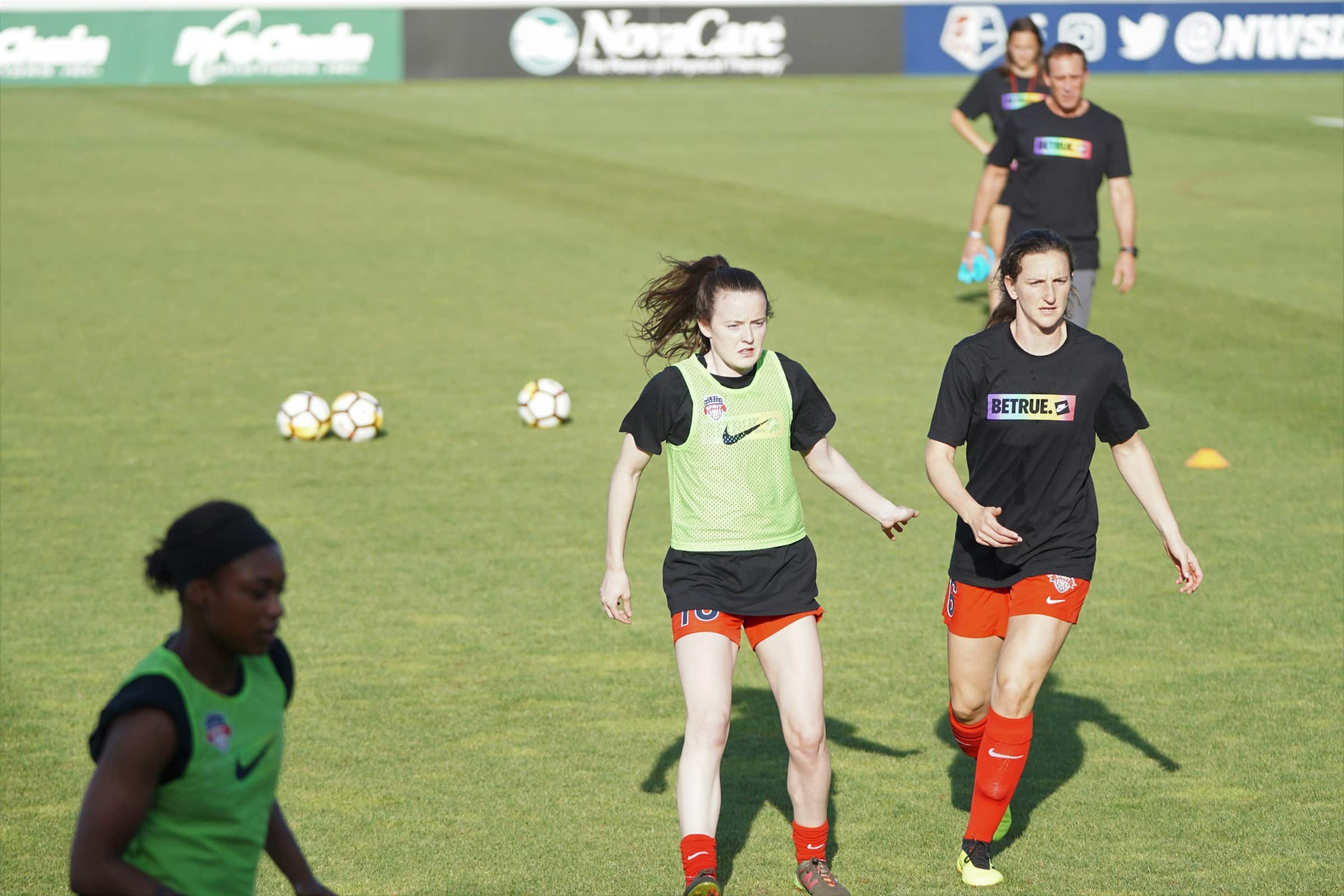What’s the Role of DNA Profiling in Personalizing Training for Athletes?

In the modern world of sports and fitness, DNA profiling is no longer science fiction. Now, it’s an essential tool used to personalize training and enhance athletic performance. The marvels of science have provided us with an understanding of our genetic makeup, and this knowledge is revolutionizing the training landscape for athletes. By analyzing genes, we can predict an athlete’s potential, craft personalized training regimens, and optimize health and performance.
Through this article, we’ll delve into the fascinating world of genetic profiling in sports, focusing on its role, principles, and potential benefits. We’ll discuss how athletes and fitness enthusiasts can leverage genetic insights for improved performance and health outcomes.
Have you seen this : What’s the Best Approach to Enhancing Agility in Basketball Guards?
The Science Behind Genetic Profiling
Before we delve into the specifics of DNA and athletic performance, let’s take a moment to clarify what we mean by genetic profiling.
In simple terms, genetic profiling or DNA profiling is the process of determining an individual’s DNA characteristics. These genetic blueprints are as unique to an individual as fingerprints, and they can reveal a wealth of information about a person’s health, physique, and even their potential response to training.
Have you seen this : How Can Heart Rate Training Zones Be Customized for Individual Cyclists?
Recent studies indexed on scholarly databases such as PubMed and Med Physiol have revealed that certain genetic markers can be associated with athletic performance. For instance, the ACTN3 gene is often found in sprinters and power athletes, while endurance athletes often display a variant of the ACE gene. By understanding these genetic markers, coaches and fitness professionals can personalize training plans to suit an athlete’s genetic predisposition.
DNA Profiling and Athletic Performance
Athletic performance is not solely about training intensity or frequency. It’s also about how well training is tailored to your genetic makeup. Every athlete is unique, and understanding that uniqueness at a genetic level can provide a competitive edge.
For example, certain genes can influence your endurance capacity, muscle fiber composition, or even your susceptibility to injury. Knowing this, you can modify your training program to focus on improving your weaknesses, enhancing your strengths, and minimizing injury risks.
Popular Google searches reveal that athletes and their coaches are constantly seeking ways to improve performance. DNA profiling can provide invaluable insights into an athlete’s genetic predisposition and potential. This knowledge enables them to tailor their training and nutrition regimens to the athlete’s specific genetic makeup.
Health and Fitness Benefits of Genetic Profiling
Beyond improving sports performance, DNA profiling offers significant health and fitness benefits. By understanding your genetic makeup, you can tailor your diet and exercise plan to optimize your overall health.
For instance, certain individuals may have a genetic predisposition to higher body fat percentages, making it harder for them to lose weight through traditional diet and exercise alone. Armed with this knowledge, they can adjust their fitness regime and diet plan to combat this genetic predisposition.
Additionally, genetic profiling can identify a predisposition to certain health conditions such as heart disease or diabetes. Knowing this information can guide decisions about diet, exercise, and medical monitoring, ultimately leading to better health outcomes.
The Role of DNA Profiling in Personalizing Training Plans
Now that we’ve explored the principles and benefits of DNA profiling for athletes, let’s delve into the practical application: personalizing training plans based on genetic information.
By leveraging genetic profiling, athletes can truly customize their training regime. For example, if DNA profiling reveals a genetic predisposition for endurance sports, an athlete’s training plan might emphasize long-distance running and cardiovascular fitness. Conversely, if the athlete’s genetic profile suggests a talent for power sports, the training regimen might focus more on strength and speed.
Moreover, DNA profiling can also guide recovery strategies. Specific genetic markers may suggest that an athlete is prone to certain injuries or has unique recovery needs. With this insight, physiotherapy and recovery protocols can be tailored to the athlete’s genetic makeup, ensuring optimal recovery and reducing the risk of future injuries.
In Conclusion
DNA profiling is undoubtedly a game-changer in sports and fitness. It offers an exciting avenue for personalization in athlete training, health optimization, and performance improvement. By understanding and harnessing genetic information, athletes can unlock their true potential and reach new heights in their athletic careers.
Let’s keep in mind that while DNA profiling offers significant advantages, it is not the silver bullet for achieving athletic success. It’s merely one piece of the puzzle, complementing traditional training methods, proper nutrition, and mental conditioning. After all, great athletes are not just born – they’re trained, nurtured, and shaped by their experiences. So, here’s to the endless possibilities that lie at the intersection of genetics and sports.
The Ethical Implications of DNA Profiling in Sports
While genetic profiling offers significant benefits, it’s vital to address the ethical implications associated with its use in sports. The intersection of genetics and athletics raises several ethical questions revolving around privacy, fairness, and the potential for misuse.
When an athlete undergoes genetic testing, they essentially reveal their genetic profile to their coach, their team, or the organization involved. This process may raise concerns about privacy and confidentiality. Privacy laws, such as the Genetic Information Nondiscrimination Act (GINA) in the United States, offer some protection, but varying international regulations can make it challenging to ensure an athlete’s genetic information remains confidential.
Additionally, the use of genetic information in tailoring training programs may raise questions of fairness. If one athlete has access to genetic profiling and another does not, this could potentially result in an uneven playing field. Similarly, there’s a potential for "gene doping," where athletes could theoretically alter their genetic makeup to enhance their athletic performance artificially.
Moreover, there’s also the risk of over-reliance on genetics. As we’ve established, an athlete’s success is not solely determined by their genetic makeup. Overemphasizing the importance of genetics might lead to overlooking other crucial aspects of athletic performance, such as mental toughness, discipline, and the will to win.
DNA Profiling in Future Athletic Performance
Looking ahead, the role of DNA profiling in sports is likely to grow. As technology advances, it’s probable that we’ll see more accurate and comprehensive genetic tests. These advancements will allow for even more personalized training regimens.
For instance, in the future, athletes might undergo DNA profiling as a standard part of their initial assessment. This information could then be used to tailor both their training and nutrition plans from the very beginning of their athletic journey.
Moreover, we might see an increase in DNA-based recovery protocols. By understanding an athlete’s genetic predisposition to injury and their unique recovery needs, coaches and physical therapists could design personalized recovery plans. This approach not only reduces the risk of future injuries but also optimizes the recovery process, allowing athletes to return to training faster and stronger.
However, as we progress in the realm of genetic profiling, we must also advance in our ethical considerations. The sports community will need to address concerns around privacy, fairness, and the potential for misuse of genetic information. With proper regulation and education, DNA profiling can positively shape the future of athletic performance.
In Conclusion
DNA profiling is a powerful tool in the sports and fitness world. By understanding an individual’s genetic makeup, we can tailor their training, nutrition, and recovery plans to suit their unique needs. This personalization can lead to enhanced athletic performance, optimized health, and potentially a longer and more successful athletic career.
However, we must also be mindful of the ethical implications of genetic testing. Issues around privacy, fairness, and potential misuse must be addressed to ensure that all athletes can benefit from these advancements.
While DNA profiling is an exciting addition to an athlete’s toolkit, it should not overshadow the importance of traditional training methods, adequate nutrition, and mental fortitude. Remember, while genetics may play a part, it’s hard work, determination, and perseverance that ultimately shape an athlete’s success.
